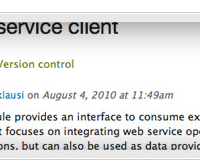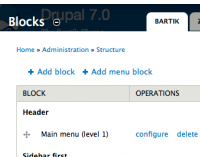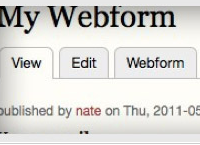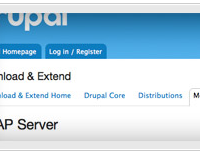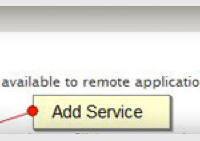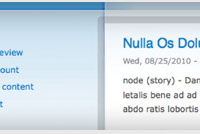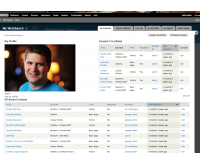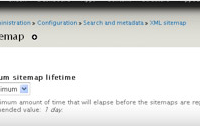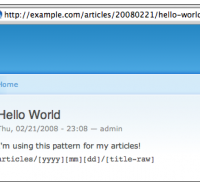Drupal Modules - admin-desk

This module provides an interface to consume external web services. It focuses on integrating web service operations as Rules actions, but can also be used as data provider for other modules. WSClient comes with a us...

So… have you ever used the Main and Secondary menu links feature on your theme and wondered “how the hell do I display any menu items deeper than that?” Well, that’s what this module does. It provides configu...

Webform is the module for making surveys in Drupal. After a submission, users may be sent an e-mail "receipt" as well as sending a notification to administrators. Results can be exported into Excel or other spreadshee...

SOAP Server provides an interface for the Services module to communicate with SOAP clients. Version 6.x-3.x & 7.x-3.x The module is in use on some production sites but no attention has been paid to security. DO NOT ...

Exposes Drupal resources (e.g. entities) as RESTful web services. The module makes use of the Entity API and the information about entity properties (provided via hook_entity_property_info()) to provide resource repr...

Fieldgroup will, as the name implies, group fields together. All fieldable entities will have the possibility to add groups to wrap their fields together. Fieldgroup comes with default HTML wrappers like vertical tabs...

Workbench provides overall improvements for managing content that Drupal does not provide out of the box. Workbench gives us three important solutions: * a unified and simplified user interface for users wh...

You need Views if * You like the default front page view, but you find you want to sort it differently. * You like the default taxonomy/term view, but you find you want to sort it differently; for ...

Mollom is an "intelligent" content moderation web service. By monitoring content activity on all sites in the Mollom network, Mollom is in a unique position to determine if a post is potentially spam; not only based o...

The Pathauto module automatically generates URL/path aliases for various kinds of content (nodes, taxonomy terms, users) without requiring the user to manually specify the path alias. This allows you to have URL alias...

Tokens are small bits of text that can be placed into larger documents via simple placeholders, like %site-name or [user]. The Token module provides a central API for modules to use these tokens, and expose their own ...


